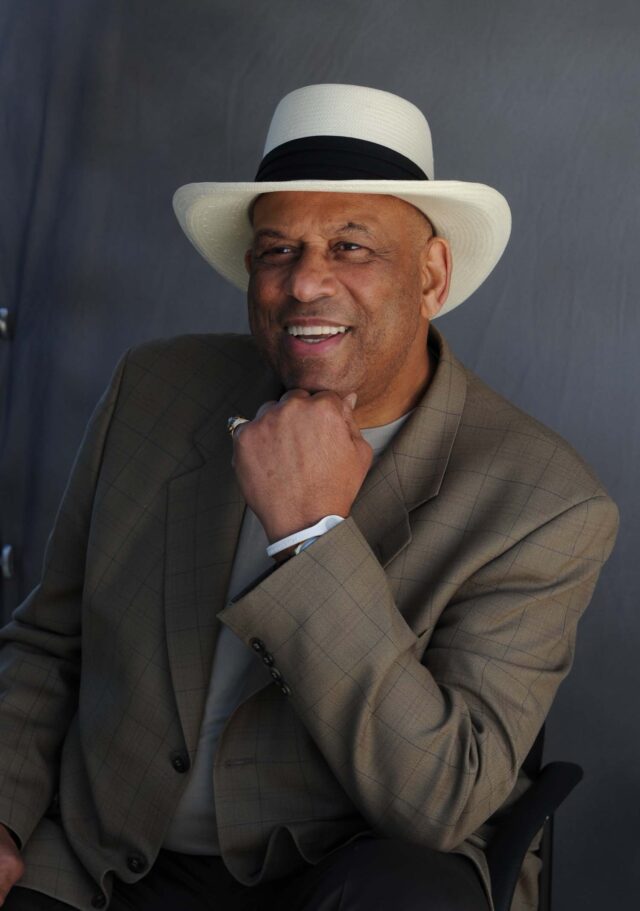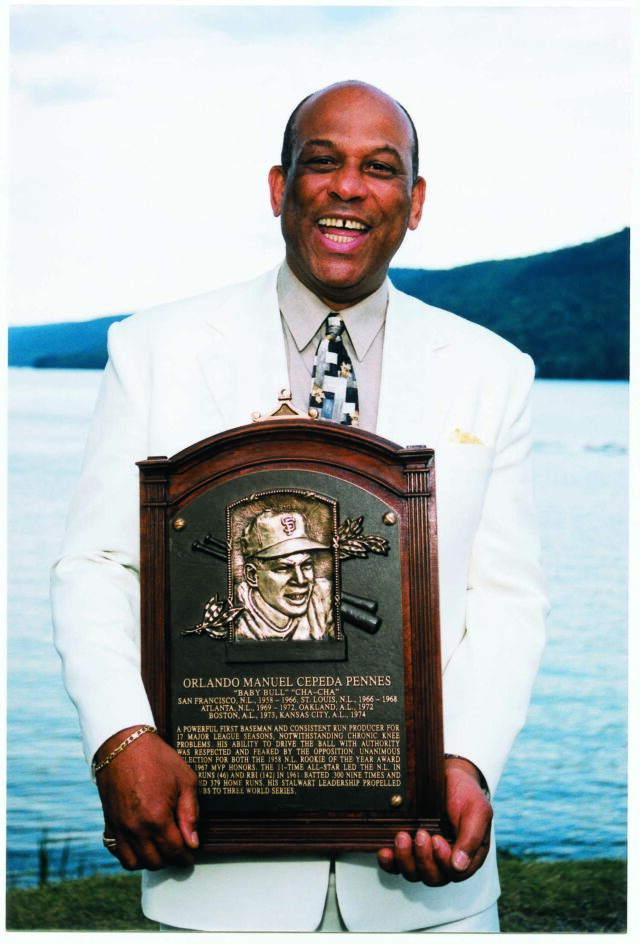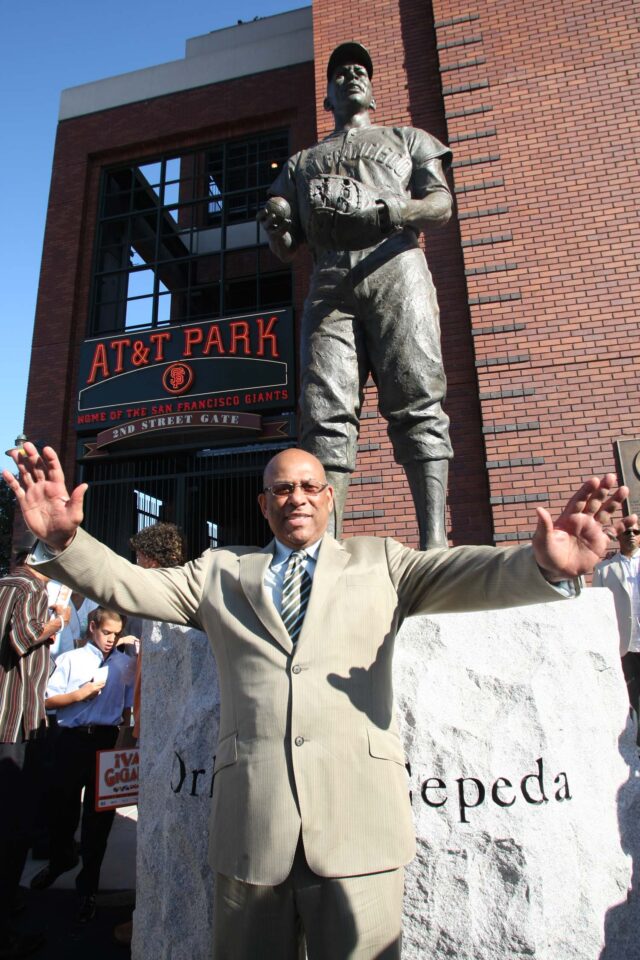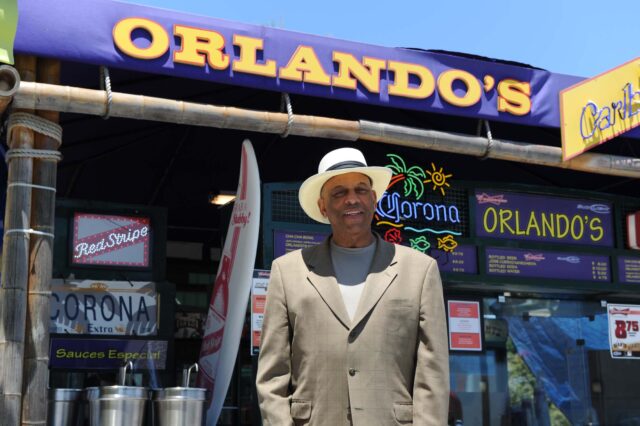It was the top of the sixth inning of the Giants-Dodgers game at Oracle Park on June 28 when the news of Orlando Cepeda’s death came over the loudspeaker. A photo of the Giants’ great flashed on the scoreboard and a moment of silence was called for, but there was no need to make it official. The crowd of 40,052 was already speechless in collective disbelief. Following so closely after Willie Mays’ passing on June 18, Giants fans were forced to reckon again with the mortality of their immortals.
Three months later, however, when the Giants held their formal celebration of Cepeda’s life prior to the Sept. 15 game against the Padres, the mood at the ballpark changed into one of joy in recollection of the countless moments of inspiration he created both on and off the field.
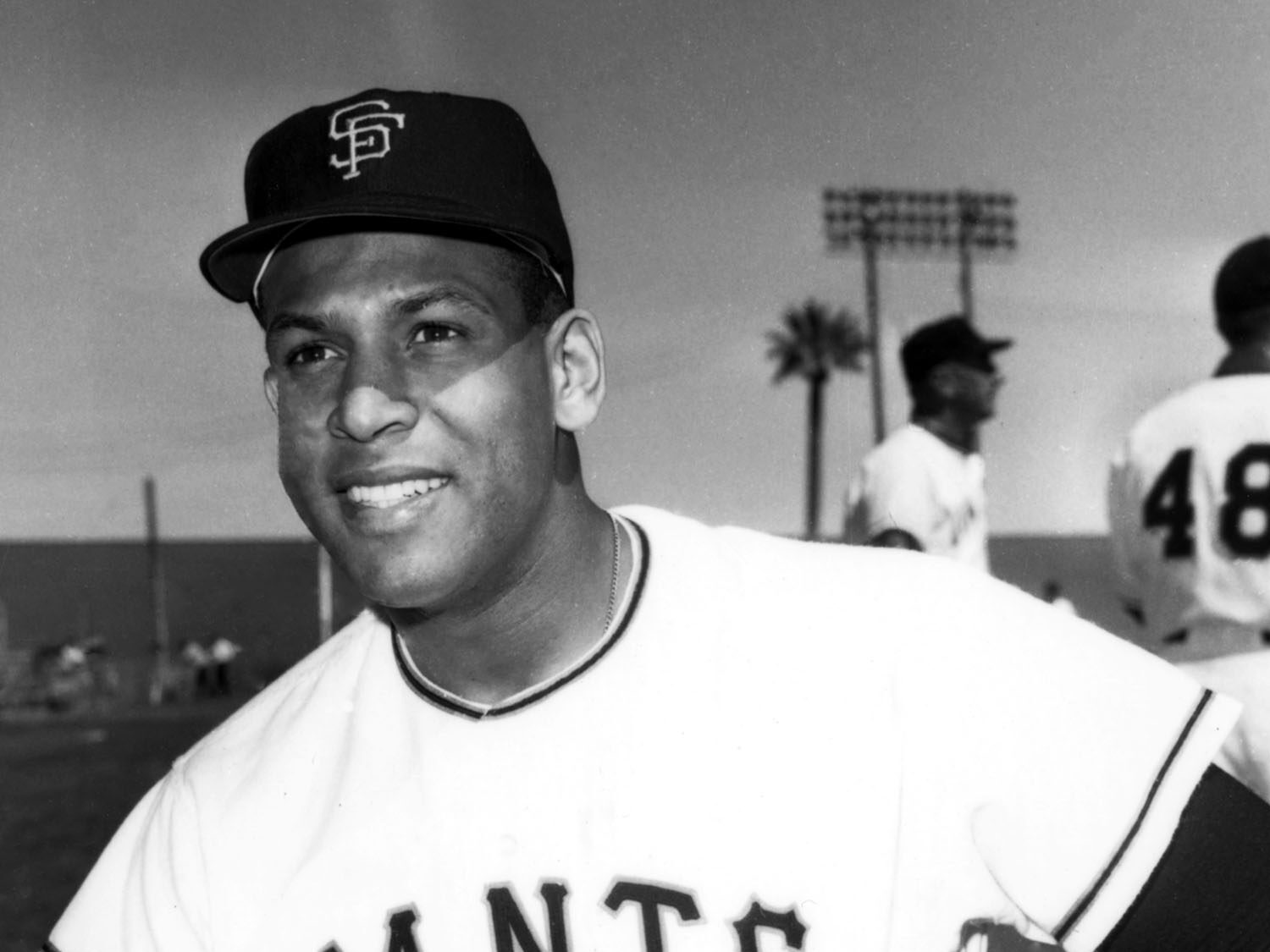
Said co-emcee Mike Krukow, “There was a style about Orlando Cepeda. There was a flair in the way he dressed, the way he loved music and food and family and people. And if you were his friend, you were his friend forever, and he extended those feelings to all Giants fans.”
He was the son of perhaps the greatest Puerto Rican player never to play in the big leagues, Pedro Cepeda, nicknamed “Perucho” (“The Bull”). So it was natural that Orlando would be christened “The Baby Bull” when the 17-year-old signed a minor league contract with the Giants in 1955.
He raced up the Giants’ system like an unbridled stallion and made his Major League debut on Opening Day 1958 at Seals Stadium against the Dodgers, the start of the team’s first season in San Francisco. Cepeda admitted later, “I was so excited before that game, I could barely control myself. I looked across the field and saw Duke Snider, Gil Hodges, Don Newcombe and Pee Wee Reese, players who were my heroes when I was growing up. I was only 20 years old. It was like a dream.”
He soon proved it wasn’t a dream. In his second at-bat, he crushed a Don Bessent change-up into his personal power alley in right field for a majestic home run. It was the launching point for a season in which he clubbed 25 homers, tallied 96 RBI, batted .312 and was unanimously named National League Rookie of the Year.
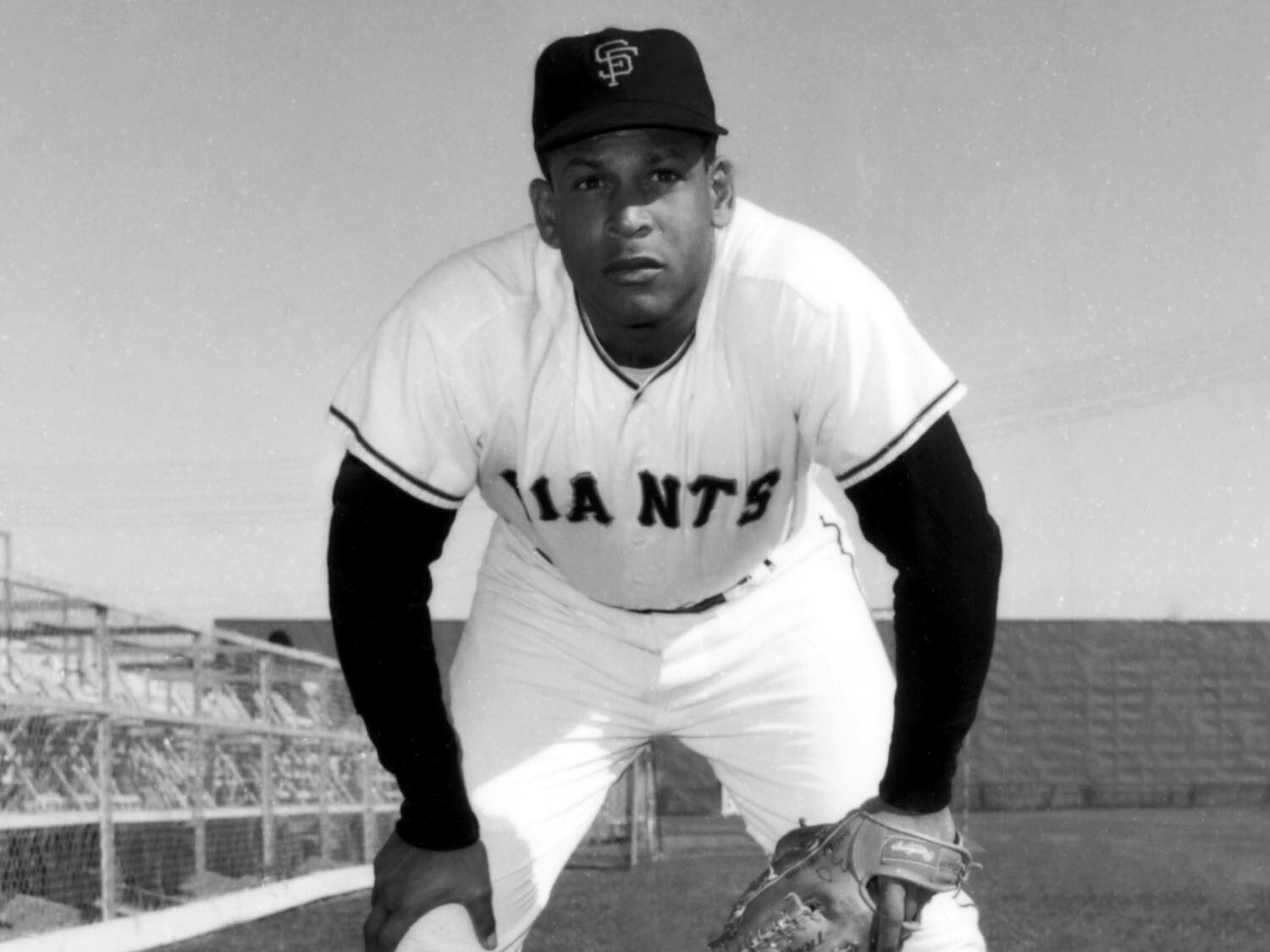
Cepeda’s dynamic play made him San Francisco’s first local Giants hero, perhaps even more so than Mays, whose big league roots were back in New York. He was a star member of the first great wave of players from Latin America in the ’50s, alongside his close friend Roberto Clemente. In 1961, the twosome combined to win the National League Triple Crown. Cepeda led the league in homers and RBI while Clemente won the batting title. The personal celebration of their exploits took shape back home in Puerto Rico during the off-season. Said Clemente’s widow Vera, “We had great celebrations among our families, especially at Christmastime. Everyone would gather at our home, and there was always lots of music. Orlando was a terror on the conga drums.”
On July 30, 1959, Willie McCovey debuted with the Giants, beginning his own legendary career. The question then became where to play the two natural first basemen. The struggle to find the right answer persisted until mid-summer 1966, when Cepeda was suddenly dealt to St. Louis for pitcher Ray Sadecki in one of the most lopsided trades ever made.
While Sadecki won all of 32 games in his 3+ years in San Francisco, Cepeda led the Cardinals to the World Series championship in 1967 and was named the National League Most Valuable Player. After 2+ seasons in St. Louis, he became a major offensive contributor for the Atlanta Braves, teaming up with Hank Aaron. He intended to retire after a short stint with the Oakland Athletics in 1972, but then Boston called about an opening at a new position.
It was called the designated hitter, and upon accepting the Red Sox offer, he became the very first DH to appear in a big league game. And he did so well at it (.289, 20 HR, 86 RBI) that he won the first Outstanding Designated Hitter Award.
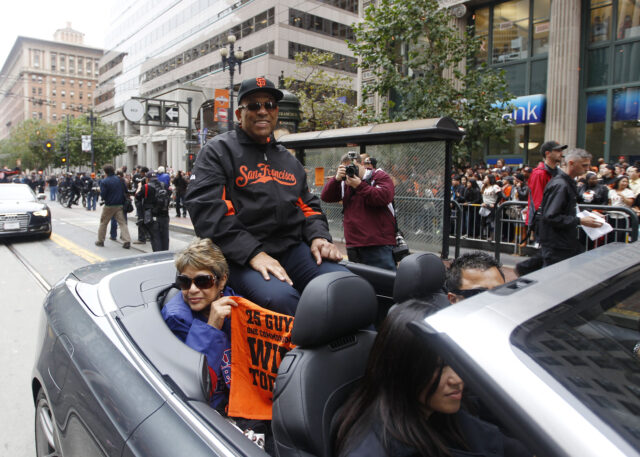
Retiring following the 1974 season, it would take nearly three decades before he took his rightful place in the Baseball Hall of Fame. On the sultry afternoon of July 23, 1999, at Cooperstown, he addressed the thousands of fans who formed a sea of baseball caps stretching all the way to the horizon.
Toward the end of his speech, he shifted to his native Spanish to address the citizenry of Puerto Rico. “I always said that when I made it into the Hall, I would use it to help my people in Puerto Rico, to lift them up. To teach them what I have learned, that the impossible is possible,” he said. “I told them that in life, what comes to you easily can go away easily, but what is gained through effort and courage can last forever.”
Comments: [email protected]
